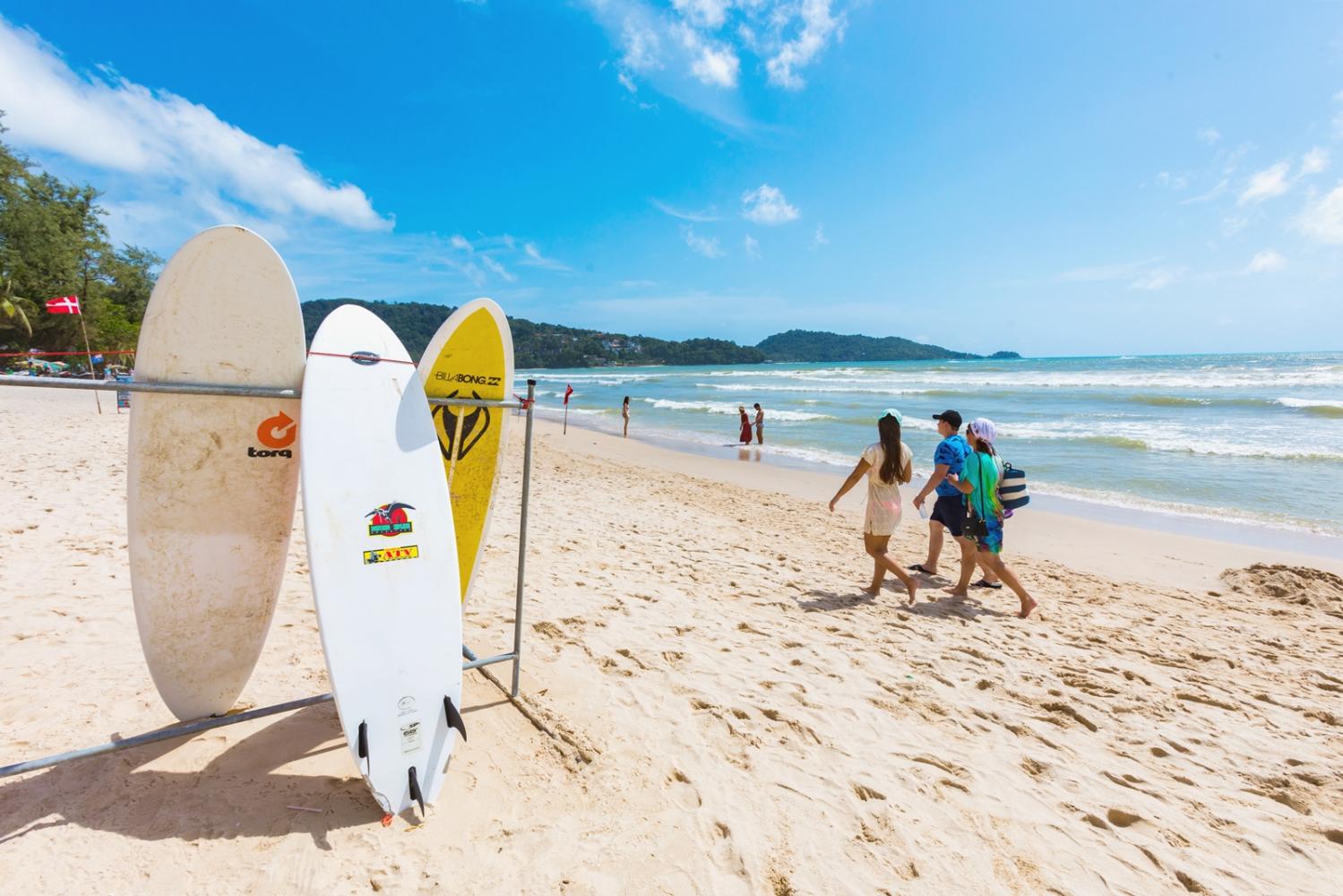
Over the past year, Thailand's tourism industry has been dealt a heavy blow by the Covid-19 pandemic, resulting in millions of lost jobs according to an International Labour Organization report.
Recently, the Tourism Authority of Thailand (TAT) conducted a survey among 1,884 tourism-related operators and found that 34.7% had shut their businesses due to insufficient income. Meanwhile, at least 136 five-star, medium and small-sized hotels are struggling to survive as part of the government's alternative state quarantine (ASQ) programme.
However, the light at the end of the tunnel seems bright as authorities have already reduced the quarantine period for foreign arrivals. Moreover, in July, Phuket will welcome a group of inoculated tourists under the Phuket Sandbox scheme.
But ASQ still remains essential and is expected to continue until the end of the year.
Although Bangkok is not included in the tourism sandbox scheme, legendary hotel brand Royal Rattanakosin Hotel is fully booked by both Thai and foreign travellers from overseas.
Standing on Ratchadamnoen Klang Road, it offers 293 spacious rooms and has joined hands with Piyavate Hospital to design budget ASQ packages, ranging from 17,000 baht to 33,000 baht.
To provide convenience, guests will enjoy sanitised airport transfer to the hotel, a variety of daily meals, cleaning service, high-speed internet, 24-hour access to a nurse, ambulance service, and doctor consultations via video call during the isolation period.
"Normally, our customers are independent travellers from Europe, China, Taiwan and Singapore because our hotel is close to tourist attractions like Wat Phra Kaew and Khao San Road. In March last year, the number of guests at the hotel dropped significantly due to border closures and lockdown, so the board did not hesitate to join the ASQ programme," said Teeranat Phaoharuhan, managing director of Royal Rattanakosin Hotel.
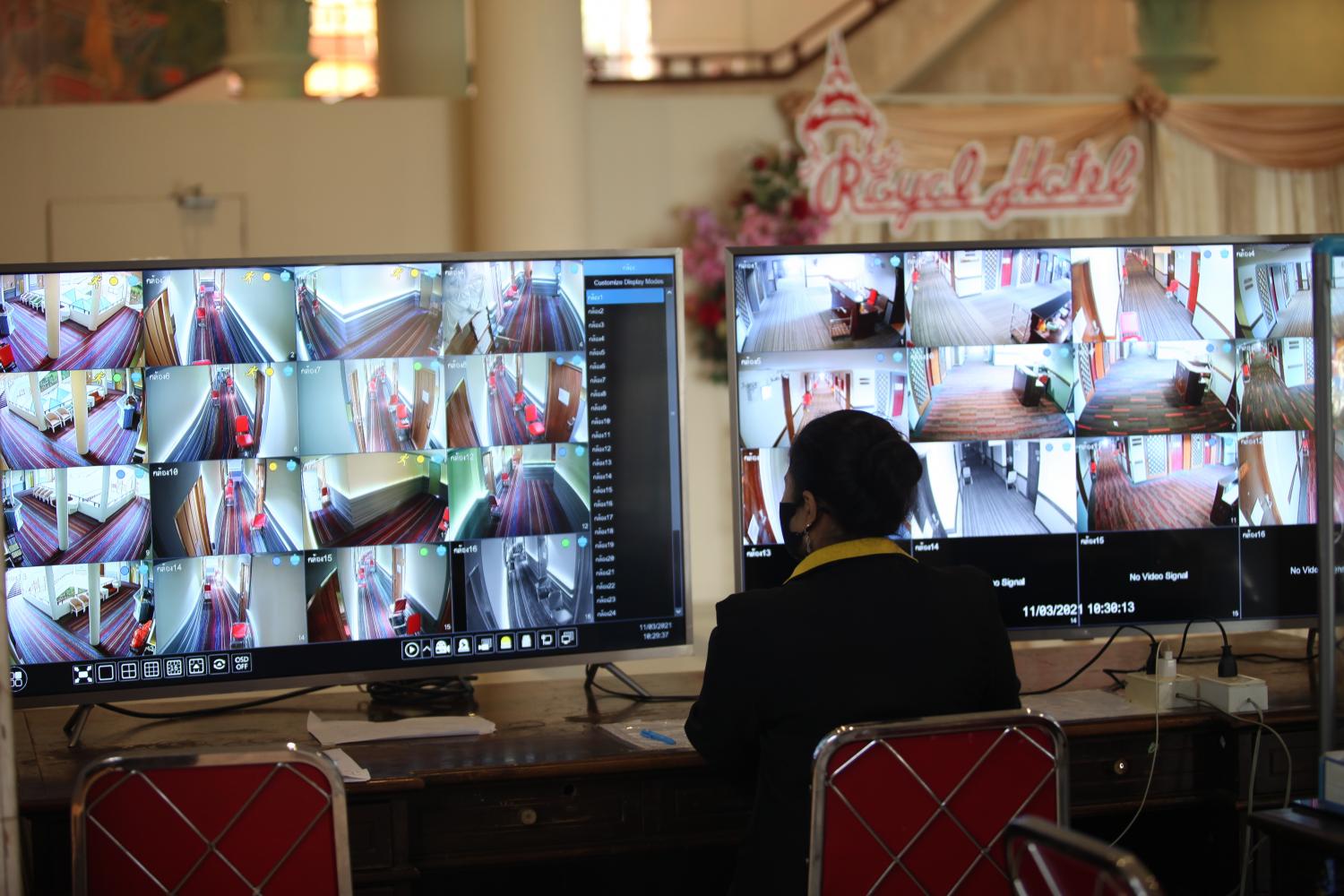
Royal Rattanakosin Hotel has turned itself into an ASQ facility. Photo: Apichart Jinakul
"At that time, Covid-19 was a new thing and we made our staff take courses on how to take care of guests and protect themselves from being infected. The safety systems have been upgraded and a group of senior staff has been transferred to work the kitchen to reduce risk. This is a way to survive amid this tough time. We are not focusing on profits but want everyone to work together. Thanks to good feedback, our sister brands Graceland Bangkok and Royal Benja Bangkok have also joined the ASQ scheme."
To ensure safety for the community, more than 70 CCTV cameras have been installed to upgrade security so that medical staff can monitor and trace guests at all times. The van used for airport transfer is disinfected immediately after bringing customers to the hotel and the driver is required to wear a plastic gown, surgical cap, mask and face shield.
The hotel entrance is paved with a sanitising mat and a group of medical personnel have converted the reception area into a screening point for check-in. In each room, the carpet has been replaced with PVC floor mats to prevent virus transmission and preventative household products such as detergent, tissue, surgical masks and hand sanitisers are provided as amenities.
Guests are allowed to go out of their rooms and use public areas after testing negative on the third or fifth day of their stay. A group of nurses are in charge of a mobile clinic and guests are required to update their condition every day via Line to avoid touching.
"Our property might look old in design but we have never stopped updating it. We maintain first-class service standards even though our hotel has temporarily become part of the ASQ scheme. I believe customers will have impressive quarantine experiences here and spread the word. When Thailand opens its borders, our property will be a popular choice for travellers because hygiene and safety standards have been enhanced. We can take advantage of getting an ASQ certificate from the Department of Health Service Support," Teeranat said.
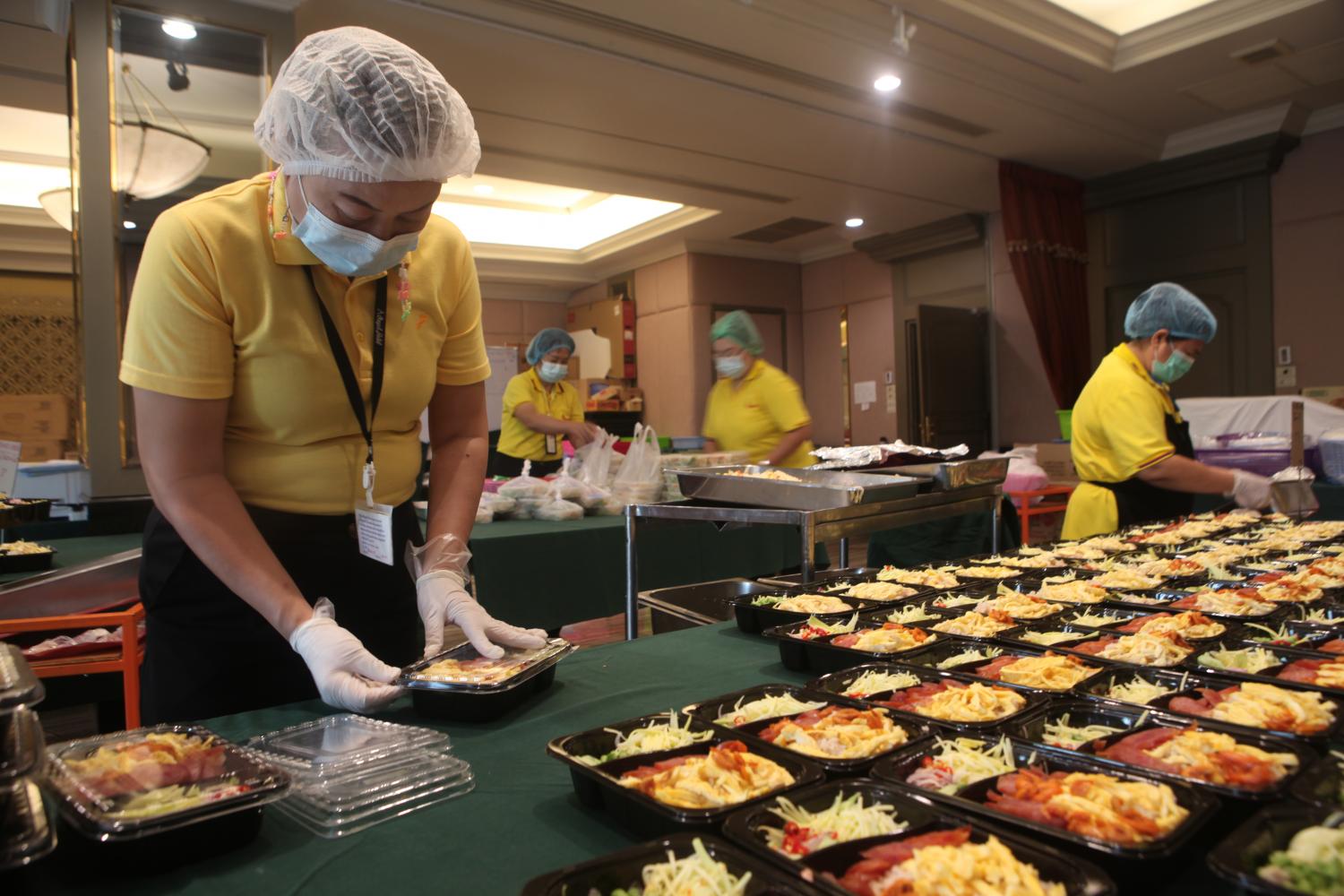
"Thailand is famous for its delicious food and unique culture, making it a world-famous holiday destination. When the country reopens, tourism will gradually recover. Tourists will come back under the new normal way of life. It will take a long time until everyone is vaccinated and is able to build immunity against the virus, so we still maintain safety standards to meet preventive measures and boost customer trust."
According to the Center for Covid-19 Situation Administration, the quarantine period has been reduced from 14 to 10 days for Thais and foreigners alike. For people who have vaccination certificates, the quarantine period is seven days. However, travellers from 11 southern African nations are still required to quarantine for two weeks.
"We need to educate and communicate with people about the quarantine period. This is new information but everything is based on reliable research. Travellers are still required to complete two swab tests -- one between the third and fifth day after arrival and another one on the ninth and 10th day. The result will not be different whether you get a swab test on the fifth or 13th day because the incubation period of Covid-19 is between five to six days," said Akom Praditsuwan, deputy director-general of the Department of Health Service Support.
The vaccine provides immunity but there is still a 30-40% chance of virus infection. Thailand has already approved seven vaccines including Sinovac, AstraZeneca, Johnson & Johnson, Moderna and Pfizer-BioNTech, however, people are required to wear a mask, wash hands often and maintain social distance.
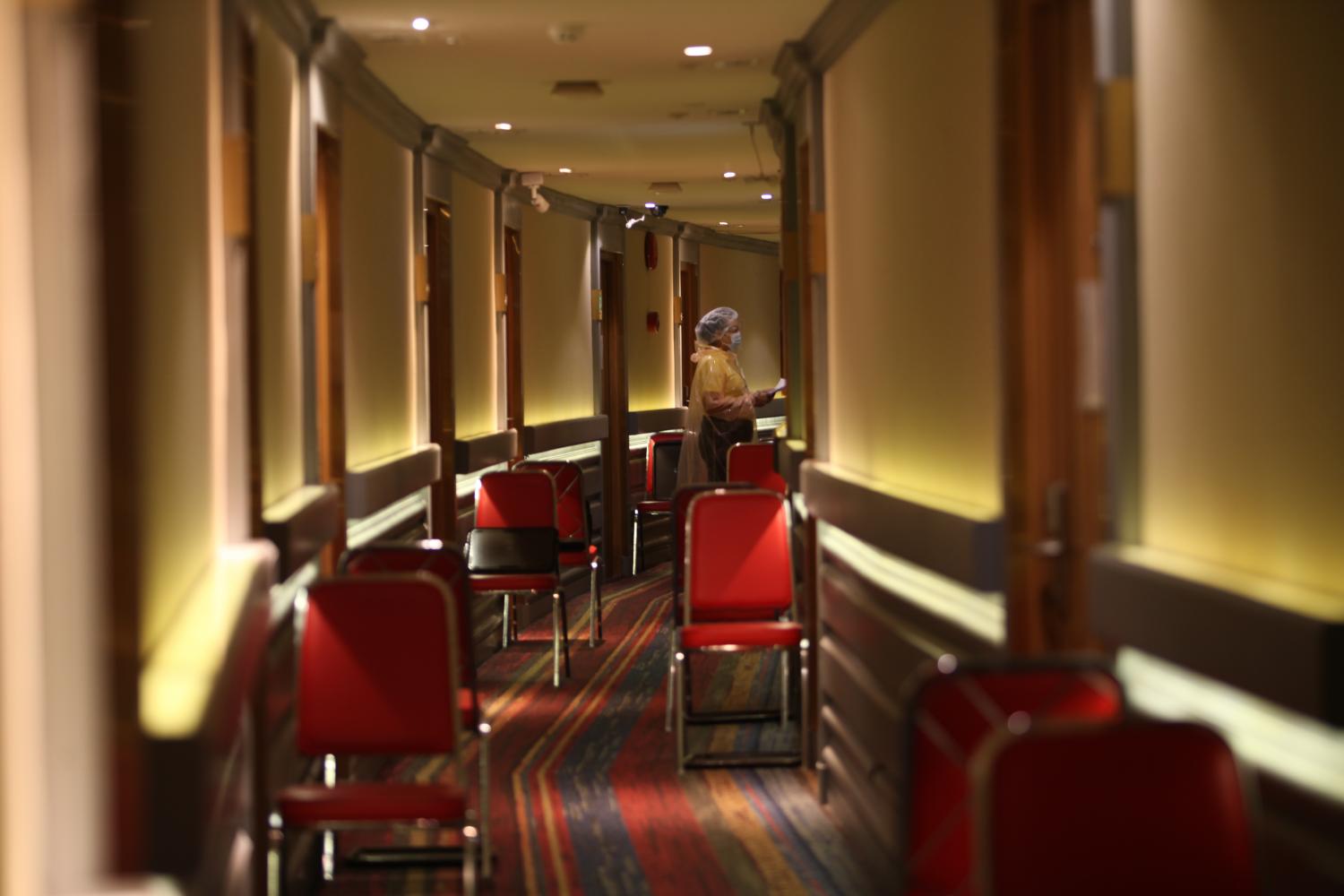
"In July, we will lift the quarantine requirements for inoculated foreign visitors to Phuket but the condition is that at least 70% of local residents, medical personnel and tourism-related workers need to be vaccinated as well. At the same time, the authorities will introduce some cycling routes and leisure activities for the sandbox scheme to ensure safety in the community. Upon arrival, foreign tourists will be required to undergo a Covid-19 screening test and download the track and trace application," Akom added.
Back in February, the luxury Sri Phuket resort welcomed the first group of 58 foreign travellers under the Villa Quarantine pilot project while Nakhon Nayok and Kanchanaburi have arranged golf quarantine programmes that have attracted 149 professional golfers.
With reduced requirements for mandatory isolation, Thailand has allowed vaccinated foreign travellers who tested negative for the virus to visit Phuket and five other destinations including Krabi, Phangnga, Koh Samui, Pattaya and Chiang Mai to boost tourism.
"We conducted a survey on tourism demand and found that tourists from Russia, India, the United Kingdom and the Middle East still want to travel to Thailand without quarantine. The vaccine is a game-changer. Now, the Maldives has waived the quarantine requirements for foreign vacationers and Portugal will allow quarantine-free entry for British visitors from May 17," said Sirikorn Cheawsamoot, deputy TAT governor for international marketing in Europe, Africa, Middle East and Americas.
"If it's possible, we want to reopen the border in the third quarter of the year. Samui is still a popular holiday destination for vacationers from the United Arab Emirates during the green season. Monsoon is not an obstacle because they leave home to escape the hot weather. However, it depends on the situation both in Thailand and around the world. We also plan to set up a travel bubble campaign with Hong Kong and Singapore as well as other low-risk countries."
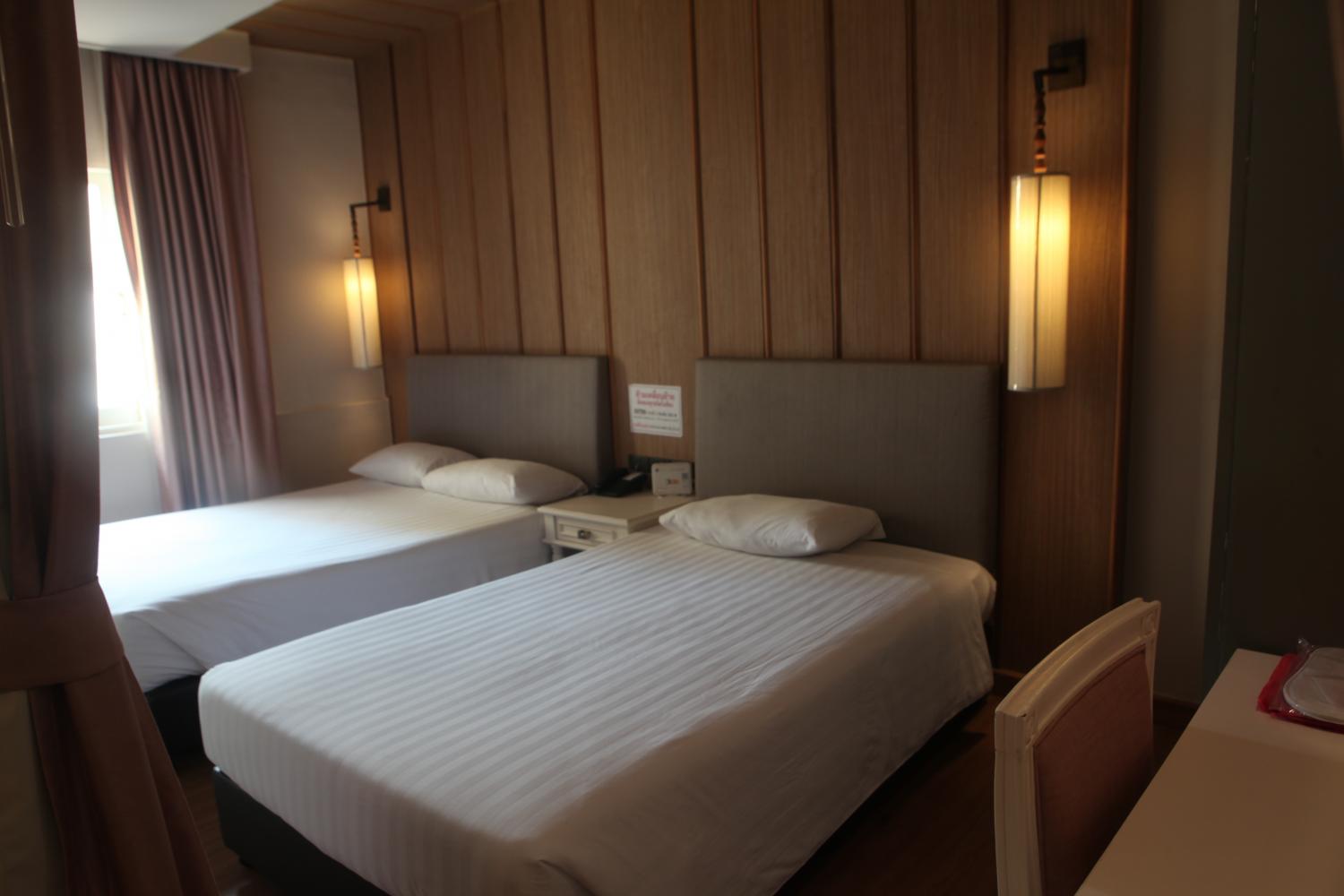
Stage 1 runs from April 1 to June 30 in which vaccinated foreign tourists will be allowed to undergo a seven-day quarantine programme and do leisure activities within ASQ facilities and designated areas before travelling to other destinations in Thailand.
Stage 2 runs from July 1 to Sept 30 and Phuket will be the first destination to waive quarantine requirements for vaccinated foreign tourists under the seven-day Phuket Sandbox programme.
Stage 3 will take place from Oct 1 until Dec 31 during which five other major destinations – Krabi, Phangnga, Koh Samui, Pattaya and Chiang Mai – will lift quarantine requirements for vaccinated tourists under the seven-day tourism sandbox programme.